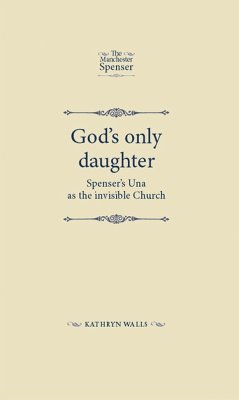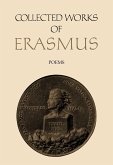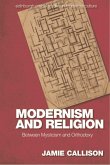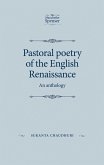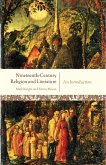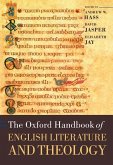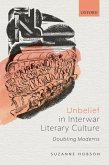This is the first full-length study to be devoted to Una, the beleaguered but ultimately triumphant heroine of Book One of The Faerie Queene. Challenging the standard identification of Spenser's Una with the post-Reformation Church in England, Kathryn Walls argues that she stands, rather, for the invisible Church, the whole community of the redeemed, whose membership is known by God alone. Her story (its Tudor resonances notwithstanding) thus embraces that of the Synagogue before the Incarnation as well as that of the Church in the time of Christ and thereafter. Una's trajectory also allegorises the redemptive process that populates the City. Initially fallible, she undergoes a transformation that is explained by the appearance of the kingly lion as Christ in canto iii. Combining contextualisation with close reading, Walls offers new interpretations of the tragically alienated figure of Abessa in canto iii (as Synagoga), of the disarmingly feckless satyrs in canto vi (as the Gentiles of the Apostolic era), and of the unreliable yet indispensable dwarf (the embodiment of the adiaphora that define national Churches). Drawing on the Bible and on medieval allegories, she also reinterprets Spenser's marriage metaphor, clarifying the problematic significance of Red Cross as Una's spouse. These individual interpretations fall into place within a coherent account of what is shown to be, on Spenser's part, a consistent treatment of Una. God's only daughter will be of interest to established Spenserians, and to those many undergraduates for whom Spenser's Book of Holiness is a set text.
Hinweis: Dieser Artikel kann nur an eine deutsche Lieferadresse ausgeliefert werden.
Hinweis: Dieser Artikel kann nur an eine deutsche Lieferadresse ausgeliefert werden.

